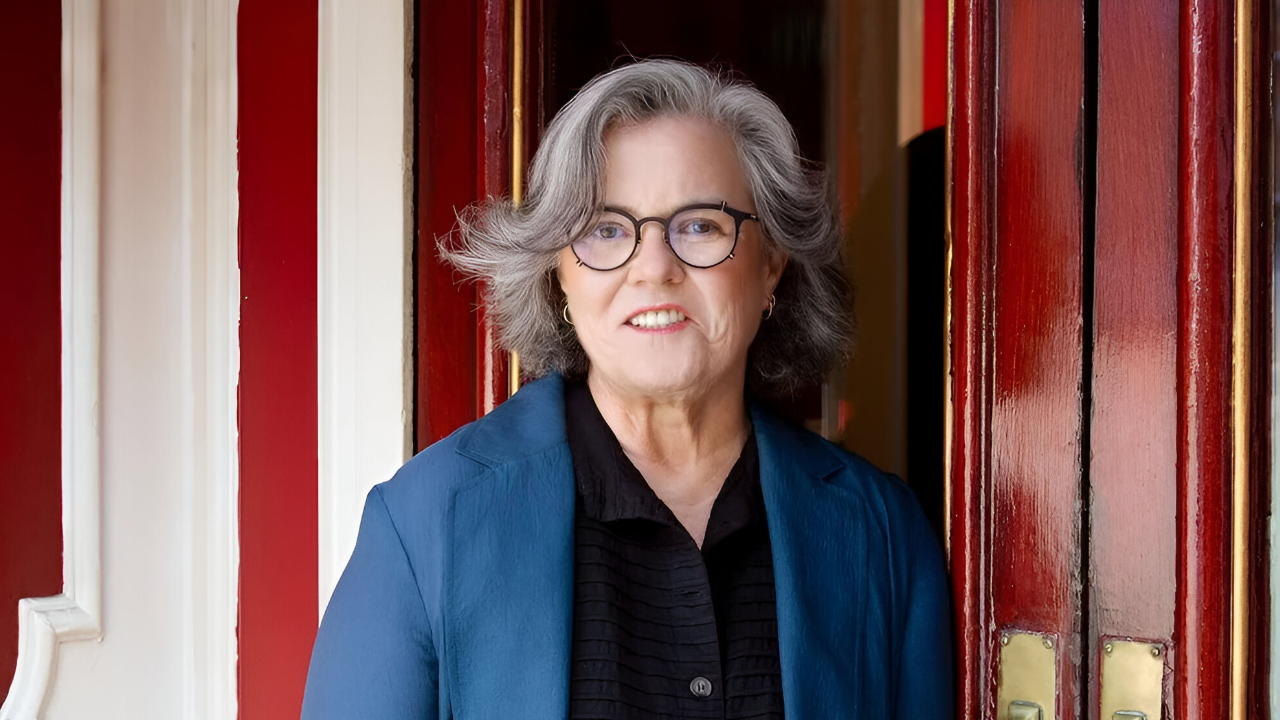
Earlier this month, White House spokesperson Abigail Jackson told Fox News Digital, “What great news for America!” upon learning that Rosie O’Donnell was “applying and about to be approved” for Irish citizenship through her grandparents.
This remark came amid rising political tensions sparked by the 63-year-old comedian’s relocation to Ireland. The move sparked intense reactions at the highest levels, setting the stage for a heated constitutional debate.
O’Donnell’s announcement drew unprecedented attention, raising fresh questions on citizenship and identity amid a polarized national climate. What followed escalated into a showdown crossing legal and political lines.
A Timed Departure Before Inauguration
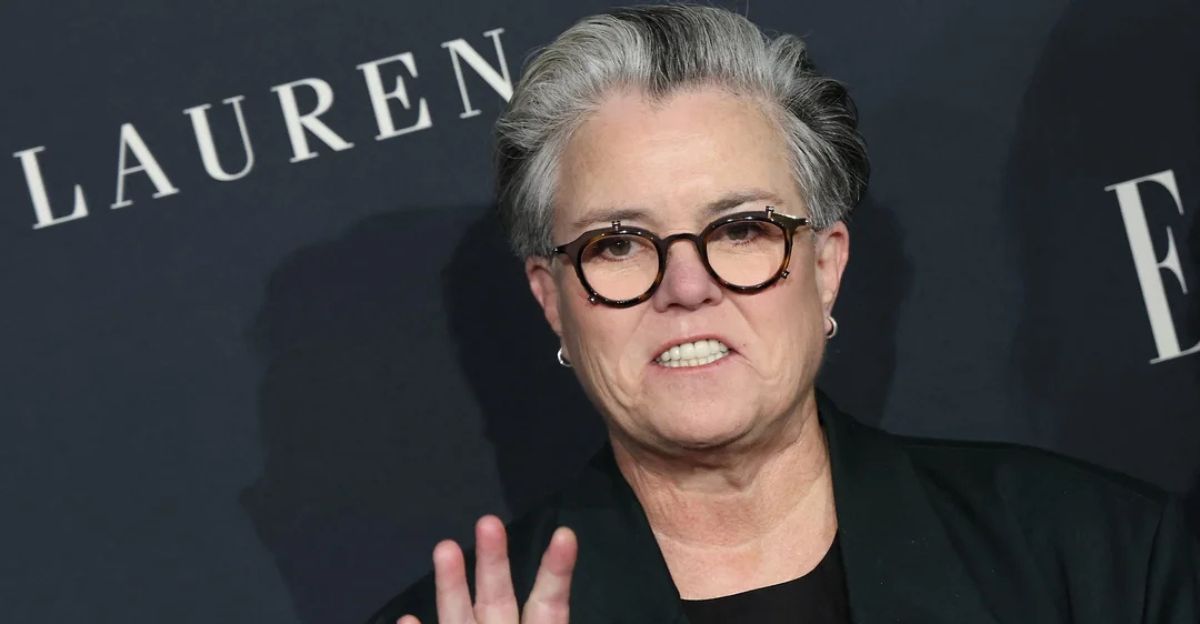
O’Donnell quietly moved to Ireland on January 15, five days before President Trump’s second inauguration. She shared her fresh start via TikTok in March, describing Ireland as “pretty wonderful.” The timeline underscored her intent to dissociate from the new administration early on.
That calm shifted by July when Trump publicly threatened to revoke her citizenship, branding her a “Threat to Humanity”—a first for a sitting president against a native-born citizen. What lay behind this unprecedented move?
Ancestral Ties Offer Protection
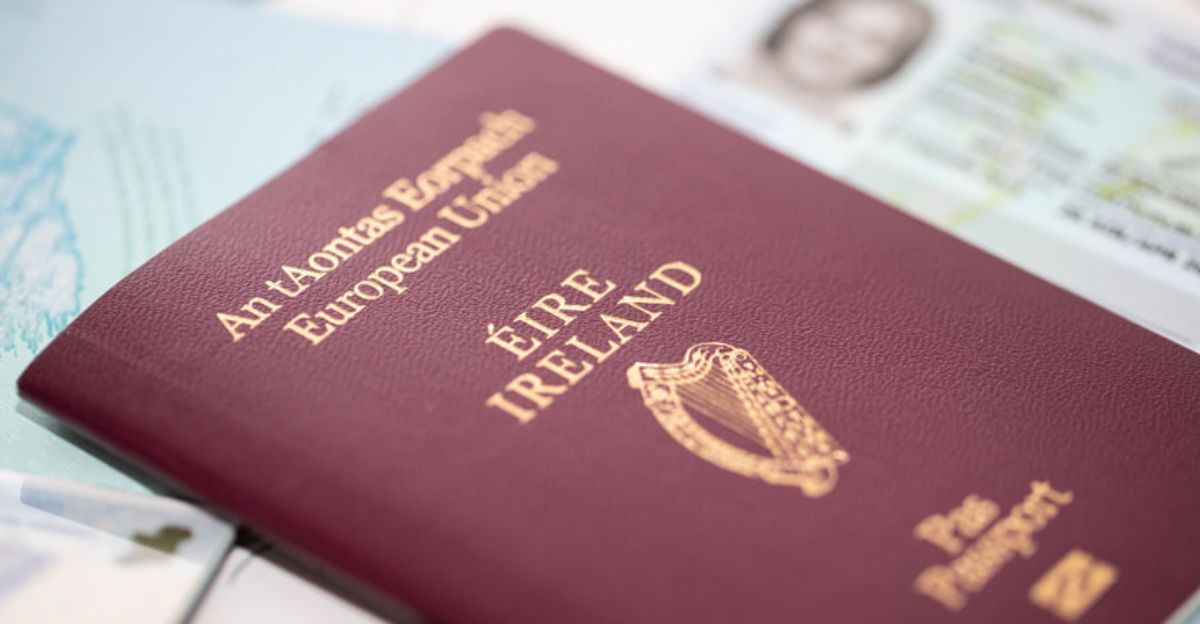
O’Donnell’s route to Irish citizenship hinged on a law allowing descendants of Irish grandparents to claim nationality. “My grandparents were from there, and that’s all you need,” she said this October. This heritage provided a legal shield amid the escalating conflict.
Her situation mirrored a wider surge: over 31,800 Americans sought Irish passports in 2024, a 58% jump from 2017. This trend reflects a growing desire among Irish-descended Americans to secure political and personal security.
The Legal Limits of Presidential Power
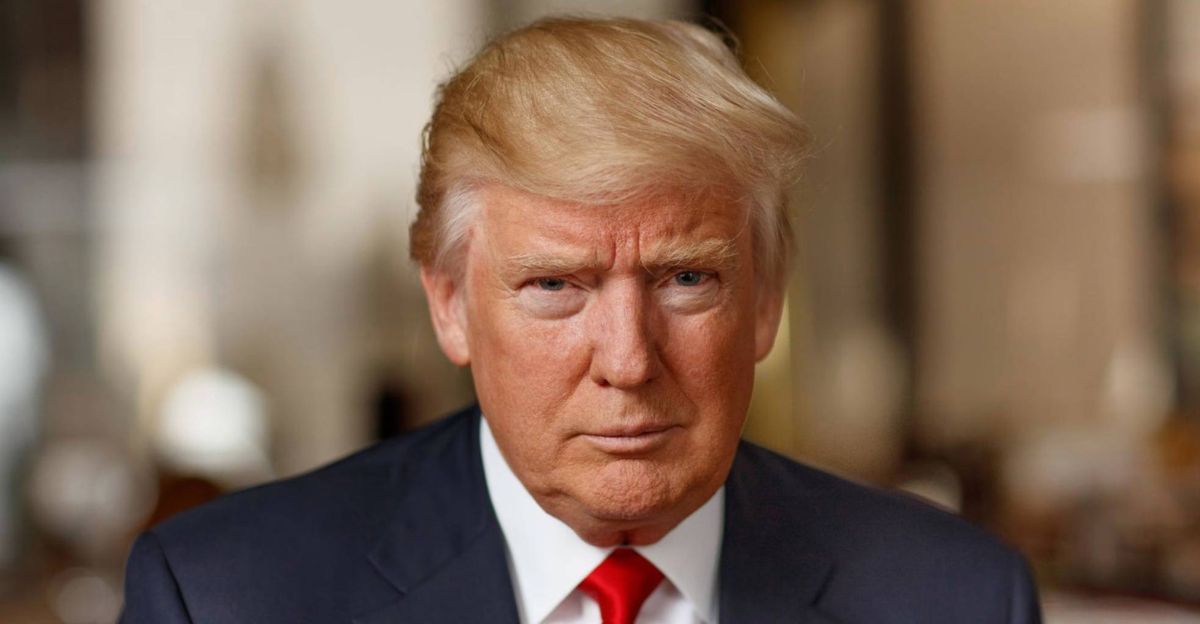
On July 12, 2025, Trump declared on Truth Social that he was “giving serious consideration to taking away her citizenship.” Constitutional experts immediately called this out as impossible under the 14th Amendment, which guarantees birthright citizenship.
The Supreme Court affirmed this principle decades ago. Despite political posturing, the law places firm boundaries on executive actions regarding citizenship. How did O’Donnell respond to this challenge?
“I Will Never Renounce My American Citizenship”
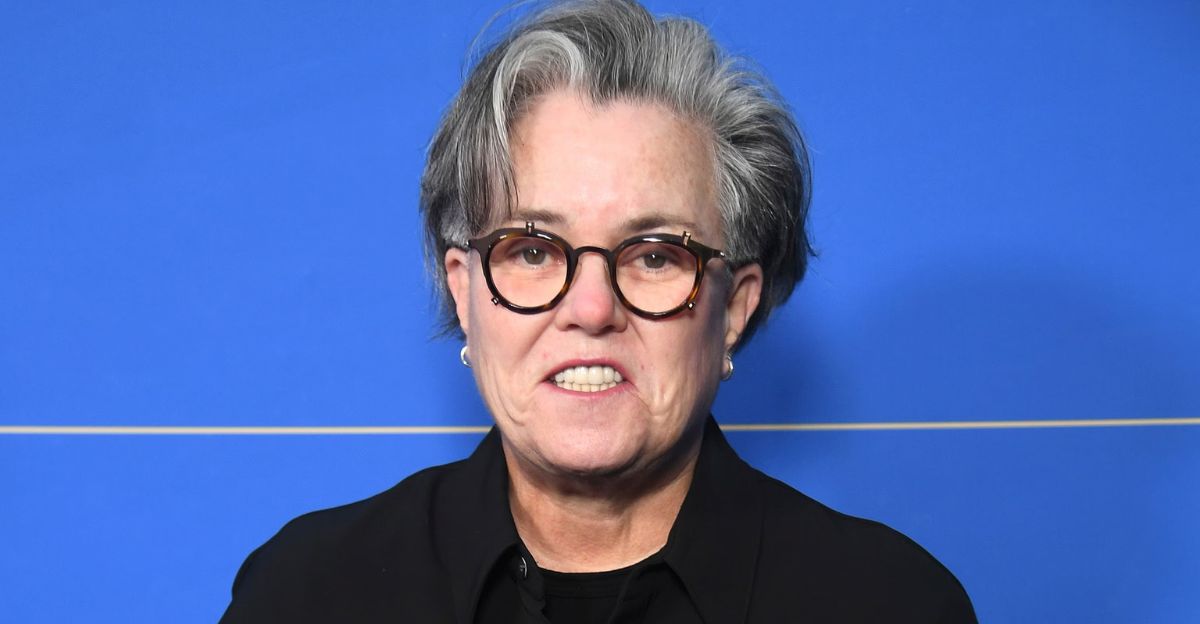
O’Donnell responded forcefully in October 2025 via Substack: “He can’t do that because it’s against the Constitution… The only way you’re allowed to take away someone’s citizenship is if they renounce it themselves, and I will never renounce my American citizenship.” This vow marked her constitutional counterstrike.
Her statement reasserted a fundamental democratic right and drew a clear line against political intimidation. It became the defining moment in this saga.
A Family Finding New Ground
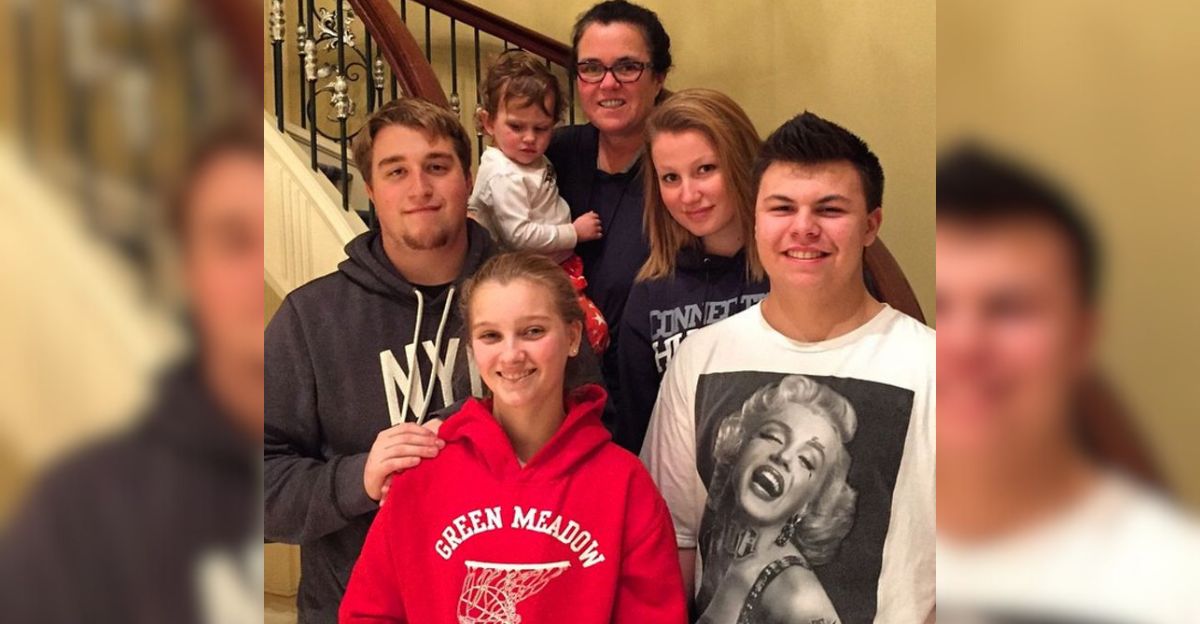
The move was also a personal one: O’Donnell relocated with her youngest son, Dakota “Clay,” who has autism. Clay enrolled in a specialized school in Dublin, reflecting the family’s search for safety and support.
While O’Donnell’s older children stayed in the U.S., she framed Ireland as a refuge from “the tangerine Mussolini,” underscoring the emotional stakes beyond politics. How does dual citizenship play into this new chapter?
Navigating Dual Citizenship Realities
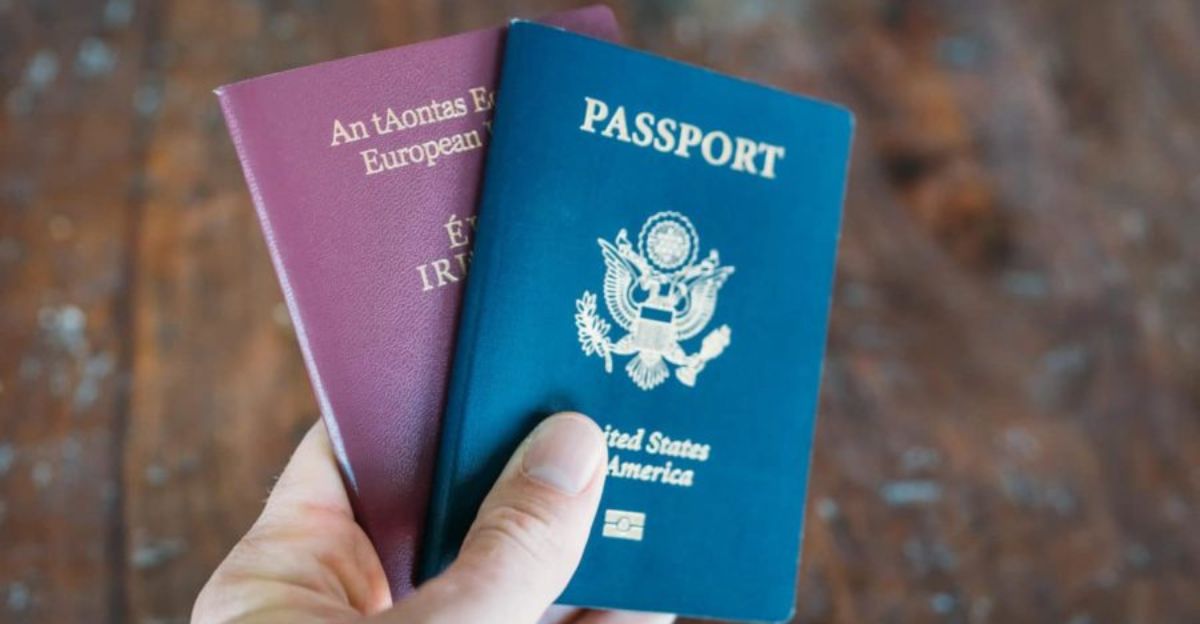
Both the U.S. and Ireland permit dual citizenship, allowing O’Donnell to hold both passports. U.S. law requires the use of an American passport for entry and exit; however, Irish citizenship offers broader benefits, including EU travel and residency rights.
She reportedly remains engaged with HBO projects in the U.S., balancing her career and new nationality. This dual status presents both opportunities and challenges.
Irish Consulates Overwhelmed by Demand
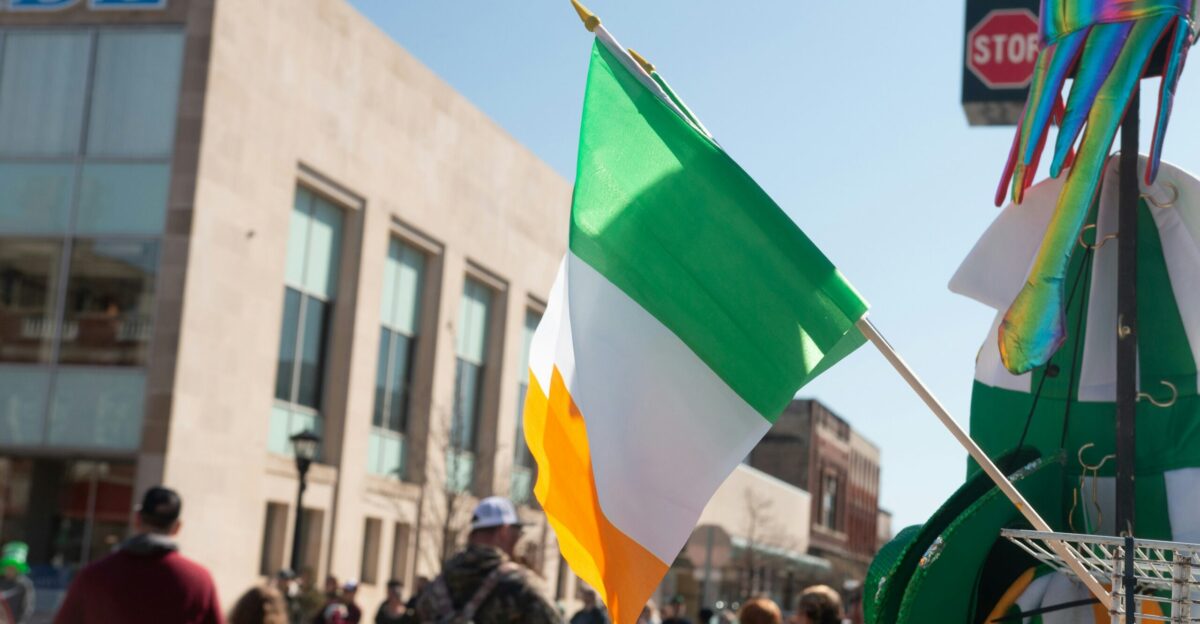
Irish consulates across the U.S. have faced surging applications since Trump’s 2024 victory. The Irish Echo reported a 58% increase to 31,825 American applicants in 2024, with centers adding staff to handle the influx.
An anonymous official called the demand “unprecedented,” signaling a wider ripple effect of political uncertainty driving citizenship pursuits. What sparked this in the first place?
The Origin of a Public Feud
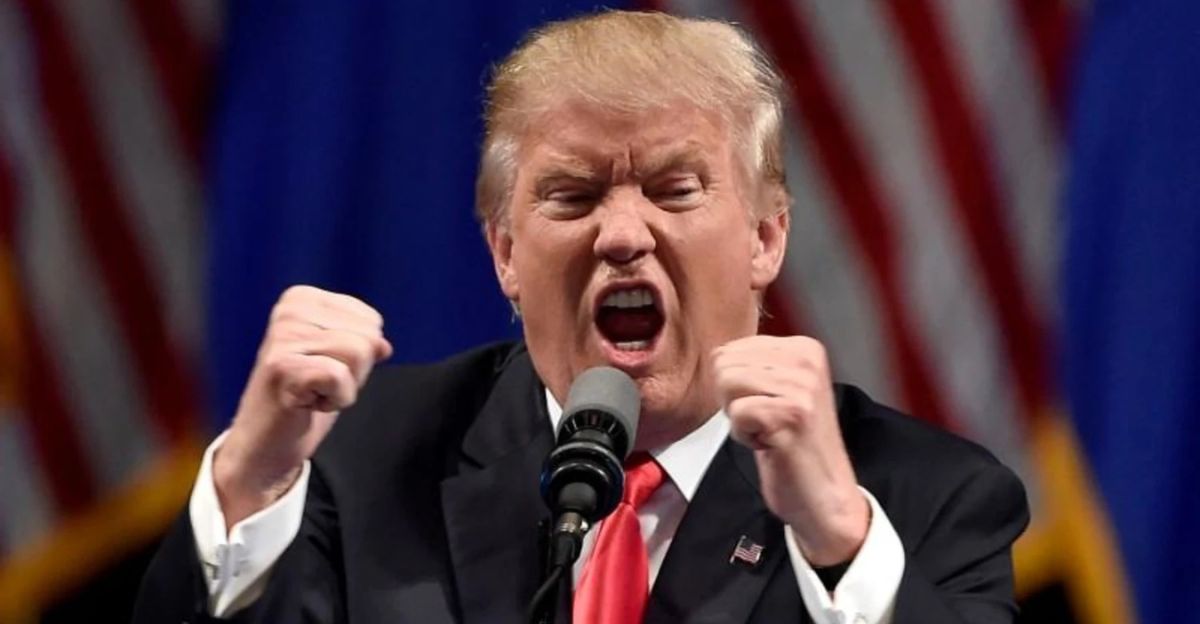
The Trump-O’Donnell feud dates back to 2006, when she mocked Trump on “The View” over his handling of drug allegations. Trump responded with personal attacks, calling her “a loser,” igniting a two-decade-long clash that intensified through his presidential campaigns.
O’Donnell’s pursuit of Irish citizenship symbolized the latest chapter in this public battle. Has politics transformed personal disputes into constitutional flashpoints?
Over 31,000 Americans Followed Suit
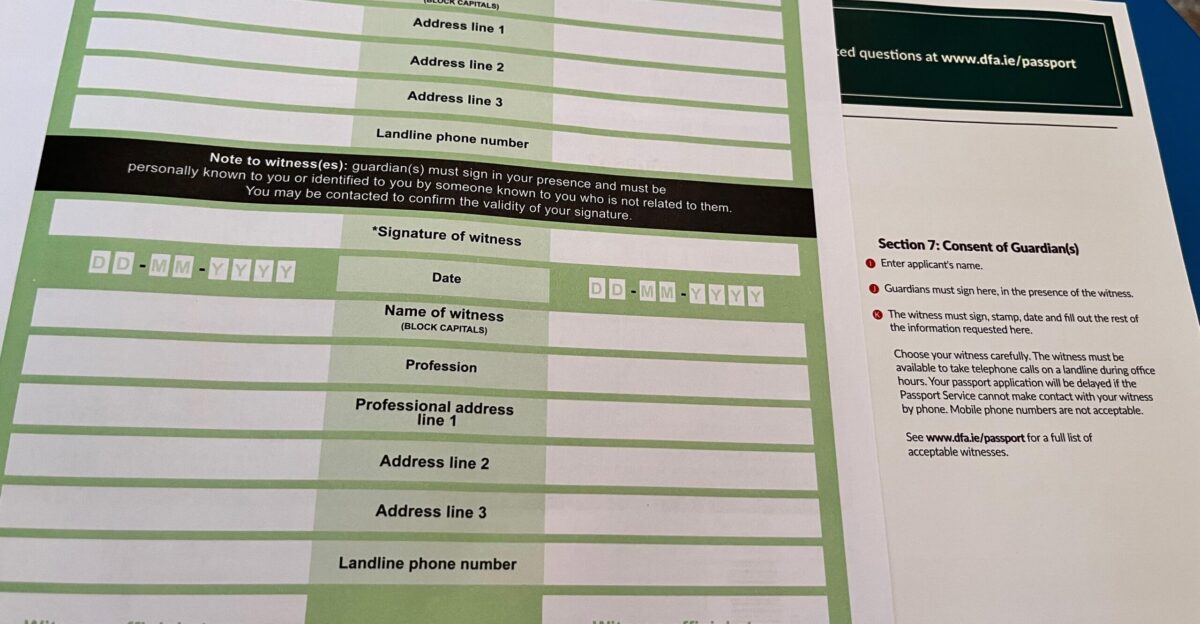
The surge in Irish citizenship applications from Americans hit 31,825 in 2024, up sharply from 20,103 in 2017. This jump correlates with political events fueling anxiety among Irish-descended U.S. citizens.
This mini-nugget underscores how one high-profile case reflects a broader demographic and political movement. What does Ireland’s government say about handling such demand?
Ireland’s Neutral Yet Efficient Response
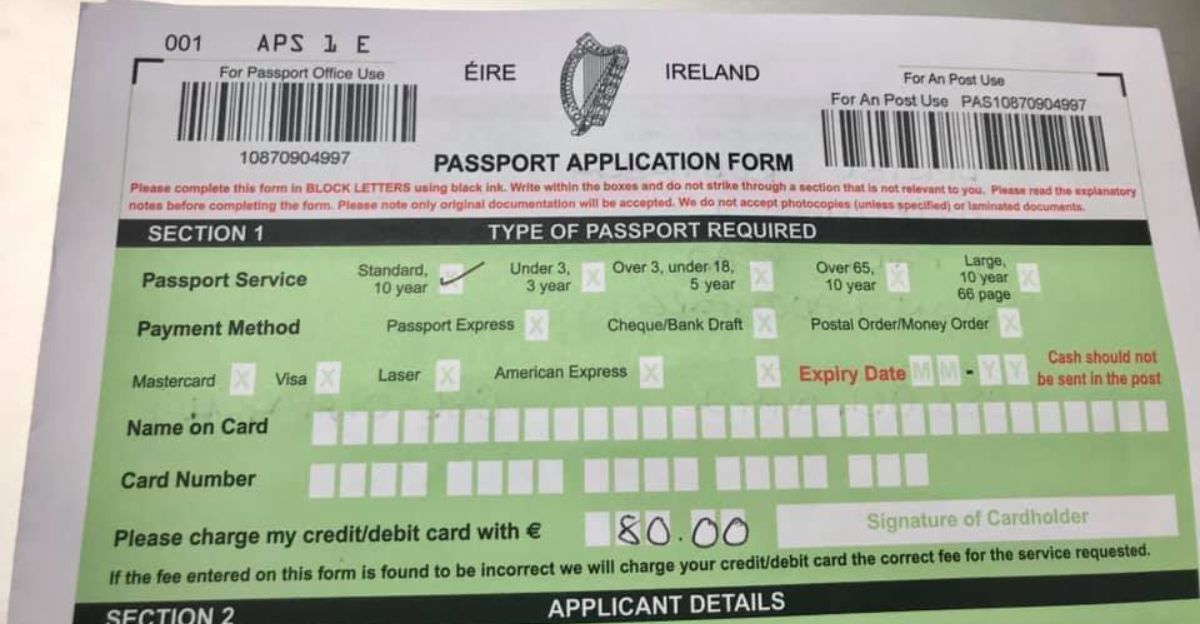
Ireland processes citizenship applications through a standardized Foreign Births Register, typically taking several months regardless of the applicant’s profile. O’Donnell’s grandparents hailed from Donegal, enabling a faster track.
Officials maintain neutrality, emphasizing equal treatment. Dublin communities have quietly welcomed new residents as they integrate amid the political noise.
Legal Experts Label Threat Symbolic Warfare

Scholars argue that Trump’s threats lack legal grounding but serve as political tools. A Georgetown law professor told The Washington Post in October 2025, “It weaponizes xenophobia but ignores settled law.”
The MAGA blueprint seems to backfire, drawing criticism that it undermines constitutional norms while stirring division. Will this tactic affect future political discourse?
Hollywood’s Sidelong Move to Ireland

Entertainment professionals have increasingly applied for Irish citizenship, with at least a dozen creatives following O’Donnell’s path. Some have permanently relocated, citing political and personal motivations.
An anonymous producer credited O’Donnell for “lighting the path,” highlighting her influence beyond politics. How do financial realities shape these moves?
Balancing Taxes and Cross-Continental Lives

The U.S.-Ireland tax treaty prevents double taxation, but U.S. citizens must still file annual tax returns reporting worldwide income. O’Donnell remains a U.S. tax resident while earning income abroad.
Such financial arrangements add complexity to dual lives split between continents. What legal questions arise from this evolving landscape?
Citizenship Threats As The New Political Tool?
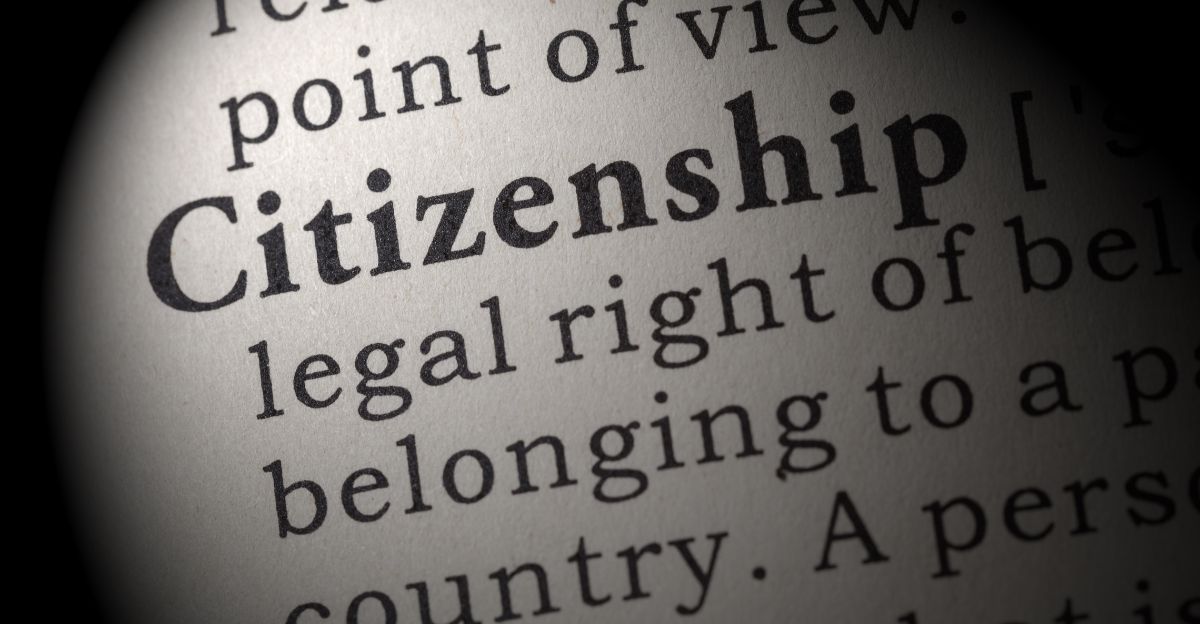
The American Civil Liberties Union tracked 17 citizenship threats in 2025 alone, signaling a troubling trend. A Migration Policy Institute analyst warned, “This tests the 14th Amendment’s limits daily.”
These developments raise urgent questions about democracy, due process, and executive boundaries moving forward.
EU Monitors Ireland-U.S. Citizenship Fallout
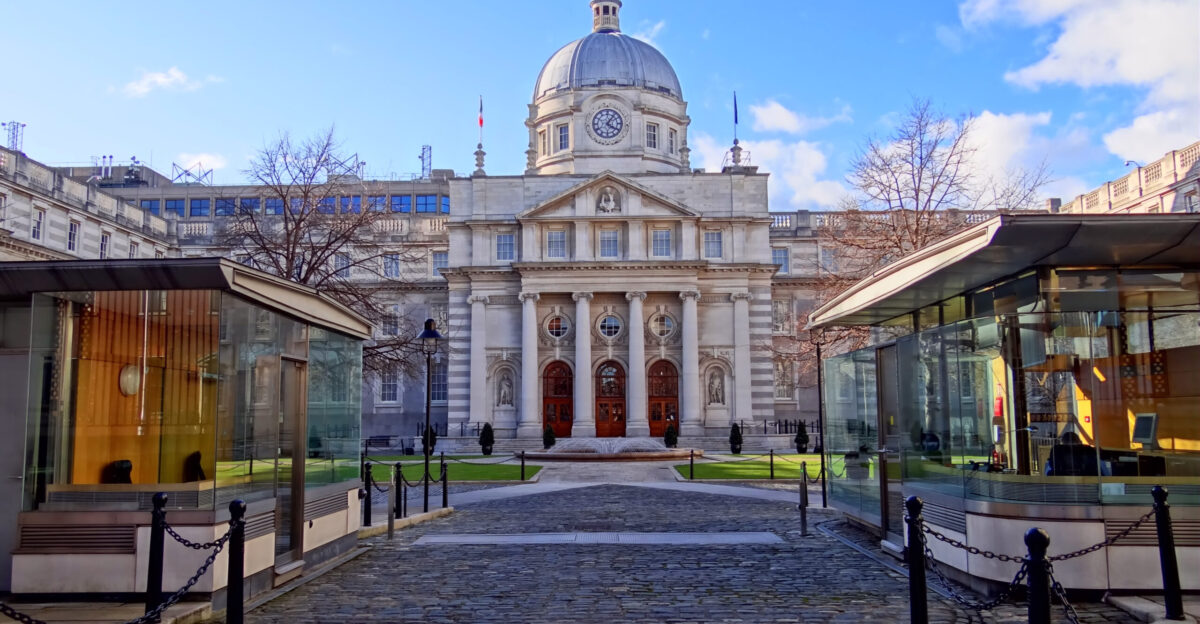
Irish and EU officials closely monitor Ireland as it becomes a potential “political escape hatch” for anxious Americans. Ireland emphasizes standardized application processing to maintain fairness.
The EU hopes for U.S. stability amid shifting demographics and political pressures. How does constitutional law provide a firewall in this battle?
The 14th Amendment’s Firm Shield

Legal scholars across the spectrum agree that the 14th Amendment guarantees that birthright citizenship cannot be revoked except through voluntary renunciation or criminal acts, such as treason.
A Harvard law professor analyzed that revocation attempts like Trump’s face insurmountable legal hurdles. This constitutional firewall is central to O’Donnell’s defense.
Debunking Viral Citizenship Hoaxes

In March 2025, false social media claims spread that Ireland had rejected O’Donnell’s application. Fact-checkers and official statements quickly debunked these hoaxes.
The Irish citizenship office reaffirmed that all applications receive fair due process, countering misinformation inflaming public opinion.
The Scale of a Gradual Exodus

If just 0.1% of the 31.5 million Irish-descended Americans pursue citizenship, that equals roughly 31,500 applications annually—matching Ireland’s current volume. Demographers refer to this as a “slow-motion demographic shift.”
Such numbers spotlight a potentially transformative migration pattern tied to political uncertainty.
More Than A Celebrity Feud
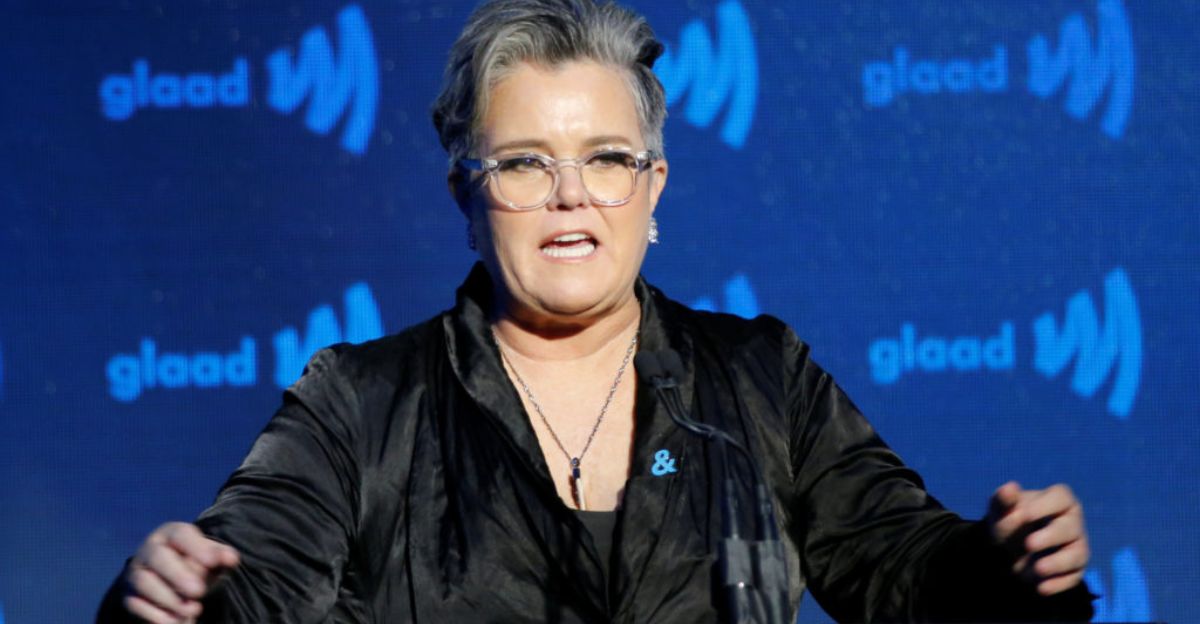
O’Donnell stands as a symbol of resilience against political intimidation and executive overreach. Her vow to never renounce American citizenship reflects a broader defense of democratic principles.
Her story encapsulates deeper national debates over identity, speech, and the limits of power—matters defining America today.